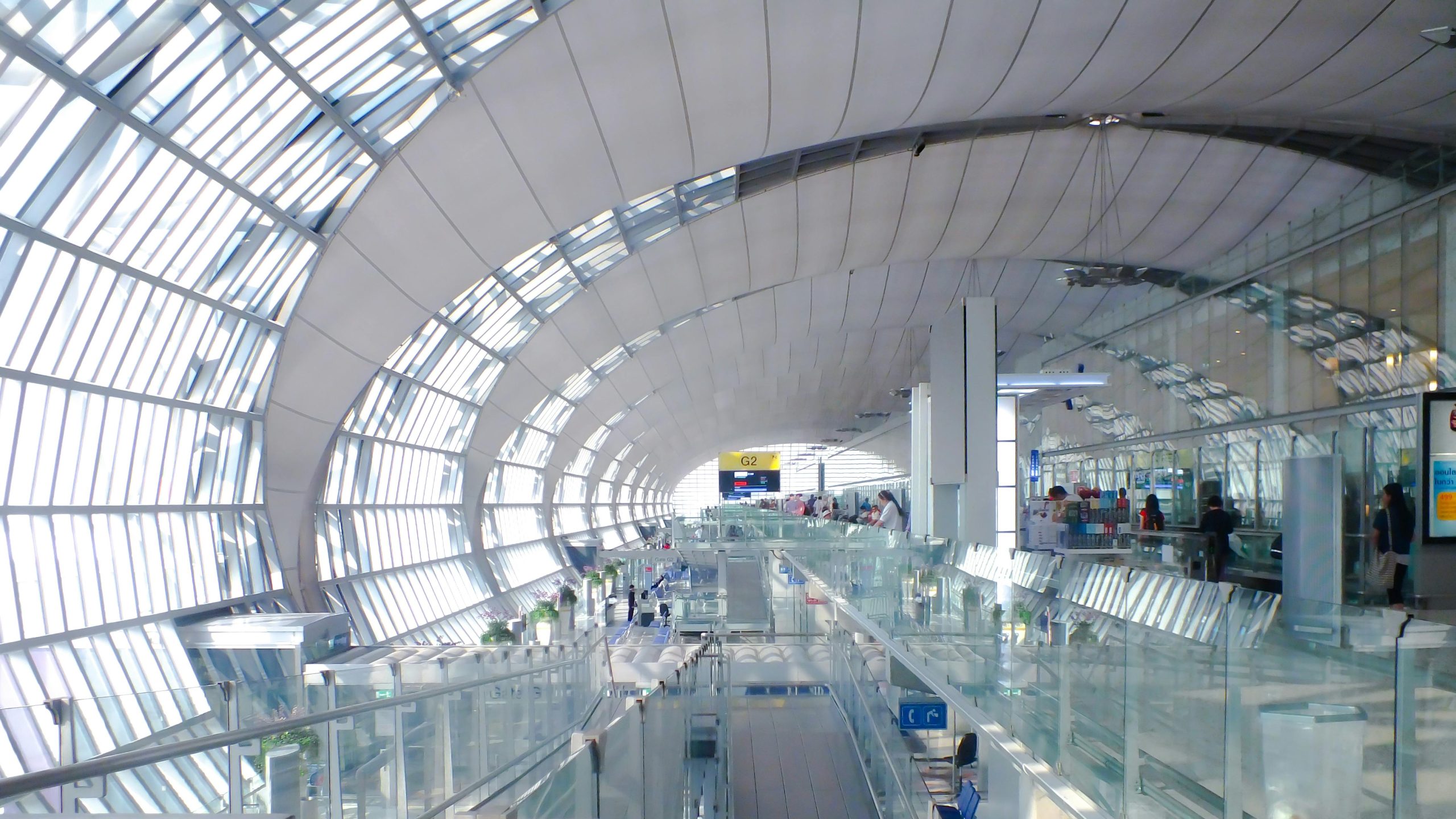
In Riyadh this week, a gathering of some of the most powerful figures in American business and politics unfolded under the guise of diplomacy and investment.
Elon Musk, Sam Altman, and a host of other CEOs joined former President Donald Trump for a lunch with Saudi Crown Prince Mohammed bin Salman, spotlighting a troubling reality: the fusion of corporate and political power into an oligarchic force shaping U.S. foreign policy and economic priorities with little public oversight.
The Lunch: More Than Just Business
This was no ordinary diplomatic meal. The event brought together executives from four of the ten largest U.S. companies by market value, including Musk’s Tesla and SpaceX, Altman’s OpenAI, Amazon’s Andy Jassy, and BlackRock’s Larry Fink. These leaders are not just there to discuss business; they are actively lobbying for Saudi investment and influence, while also seeking to sway Trump administration officials on trade and regulatory policies.
Saudi Arabia, flush with cash from decades of oil wealth, has pledged upwards of $600 billion in U.S. investments, with Trump himself suggesting the figure could reach $1 trillion. These investments span weapons purchases, technology transfers, artificial intelligence, and stock market stakes. The kingdom’s aggressive push to diversify its economy through Vision 2030 has made it a magnet for American financial and tech executives eager to tap into its vast resources.
But this isn’t just about mutual economic benefit. It’s a transactional relationship where American corporate interests and political agendas intertwine, often sidelining broader ethical concerns and democratic accountability.
The Oligarchic Convergence of Power
What’s striking—and deeply unsettling—is how this lunch exemplifies the growing oligarchic nature of American governance. The presence of Musk and Altman, alongside Trump and Saudi royalty, underscores how a small cadre of billionaires and political insiders are increasingly the architects of U.S. policy, both at home and abroad.
Musk, who runs multiple companies including Tesla, SpaceX, and his AI startup xAI, is also reportedly involved in efforts to reduce the size of the federal government under Trump’s influence. Altman, a leading figure in the AI boom, represents the cutting edge of technology that Saudi Arabia is eager to harness. Their combined influence extends far beyond their companies—they are shaping the future of AI, energy, and space exploration, all while cozying up to a regime with a controversial human rights record.
This is not a partnership of equals or a transparent alliance. It is a closed-door power play where economic might and political clout merge, leaving ordinary citizens with little say in decisions that affect global geopolitics and the future of technology.
The Ethical and Political Costs
Saudi Arabia’s Vision 2030 is ambitious, aiming to transform the kingdom into a tech and investment hub. But the kingdom’s authoritarian governance, ongoing human rights abuses, and regional conflicts cast a long shadow over these economic overtures. The eagerness of American CEOs to engage with Saudi money raises uncomfortable questions about the moral compromises made in the name of profit and influence.
Moreover, the Trump administration’s role in facilitating these deals—amid ongoing tariffs and trade tensions—highlights how political power is being leveraged to benefit a select few. Treasury Secretary Scott Bessent and Commerce Secretary Howard Lutnick, both present at the lunch, are key figures in shaping trade policy that directly impacts these corporate giants.
A Glimpse Into the Future of American Power
This lunch is a microcosm of a larger trend: the erosion of democratic governance as corporate and political elites consolidate power. The fusion of Silicon Valley’s tech leaders with political figures like Trump and Saudi royalty signals a future where policy is increasingly dictated by oligarchic interests rather than public mandate.
From my vantage point, this event is a stark reminder that the promises of democracy and transparency are being overshadowed by the realities of concentrated wealth and influence. The clinking of glasses in Riyadh’s opulent halls echoes far beyond the room, reverberating through the corridors of power in Washington and the boardrooms of global corporations.
What Lies Ahead?
While the details of the discussions remain confidential, the stakes are clear. The deepening ties between U.S. corporate giants and Saudi Arabia could accelerate technological and economic collaboration but at the cost of democratic oversight and ethical accountability.
For the CEOs involved, this is a chance to secure lucrative deals and expand their global reach. For Trump, it’s a reaffirmation of his enduring influence in shaping America’s geopolitical and economic landscape through elite networks.
As this oligarchic alliance tightens, the question remains: who truly benefits when the lines between business and government dissolve into a single, powerful entity?
